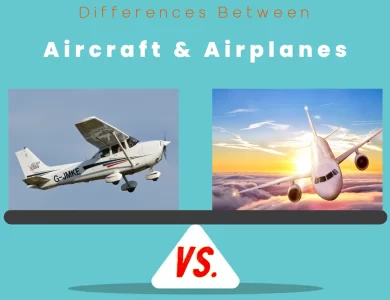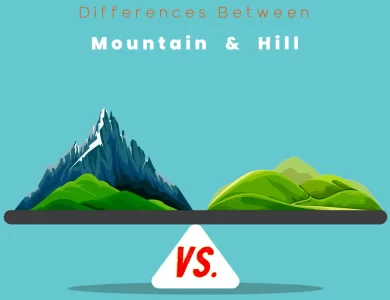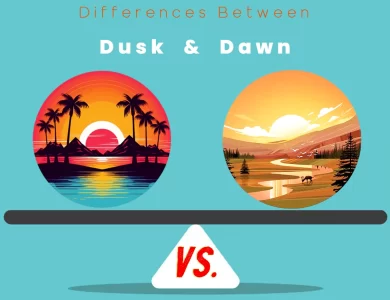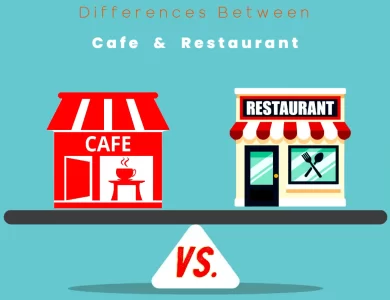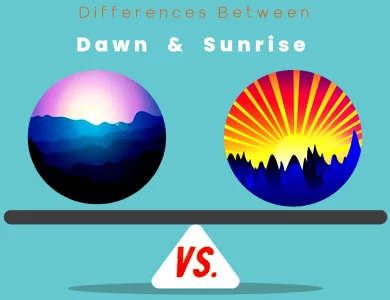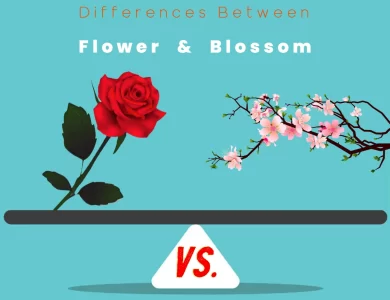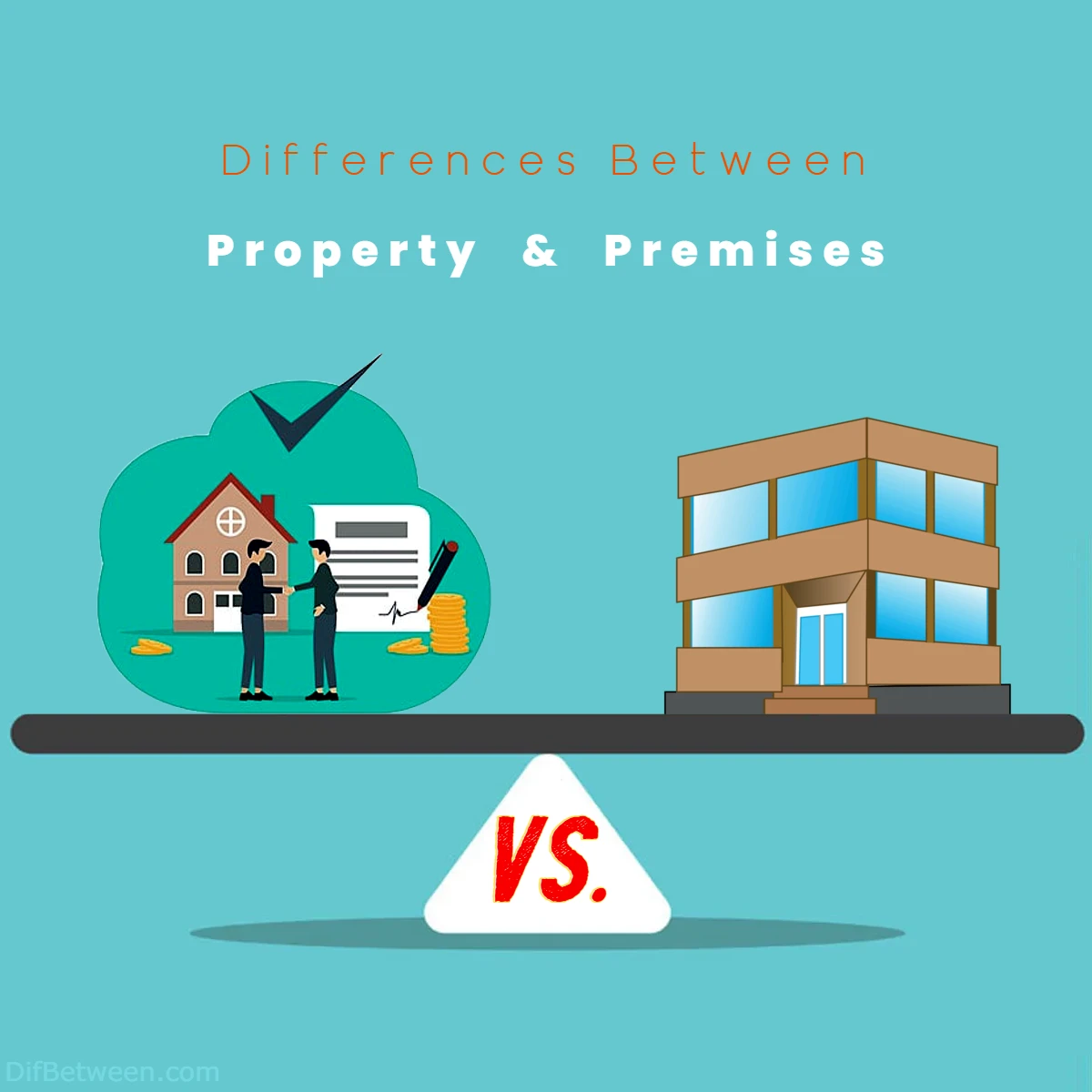
| Aspect | Property | Premises |
|---|---|---|
| Ownership | Property ownership represents legal title to the entire real estate asset. | Premises do not convey ownership; they represent a specific portion or area within a property. |
| Rights | Property owners have exclusive rights to possess, use, and transfer the property. | Premises occupants have usage rights within their designated area, as defined by lease agreements. |
| Legal Implications | Property owners are responsible for property taxes, compliance with zoning regulations, and overall property management. | Premises occupants are bound by lease agreements, liable for their designated area, and subject to lease terms. |
| Scope of Control | Property owners control the entire property, including common areas and structures. | Premises occupants have control over their designated space but not the entire property. |
| Transactions | Property can be bought, sold, leased, or transferred as a whole entity. | Premises are leased or rented within a property, often for specific business or residential purposes. |
| Development and Zoning | Property development and zoning regulations pertain to the entire property. | Premises within a property must comply with property-wide zoning and land use regulations. |
| Legal Remedies and Disputes | Property owners can take legal action against trespassers or those violating property rights. | Premises occupants may face eviction or legal actions for violating lease agreements. |
Property, the grand protagonist of our story, encompasses not just land and structures but also a universe of possibilities. It’s your sanctuary, your investment, your canvas for creativity. On the other side of the coin, we have Premises, the faithful companion, providing a designated space within the property.
Differences Between Property and Premises
The main differences between Property vs. Premises lie in their scope of ownership and usage. Property encompasses the entire real estate asset, including land and structures, granting ownership rights with control over the entire entity. In contrast, Premises refers to specific portions or areas within a property and offers usage rights without ownership. While Property ownership comes with responsibilities such as property taxes and compliance with zoning regulations, Premises occupants are bound by lease agreements and liable for their designated areas. Understanding these distinctions is essential when making real estate decisions, whether you’re considering property ownership or leasing premises for your needs.
Defining Property and Premises
Property:
Property, in the context of real estate, refers to a broad and encompassing term that encompasses land, buildings, and any associated assets owned by an individual, entity, or organization. It represents a legal entity with recognized ownership rights. Property can take various forms, including residential properties, commercial real estate, vacant land, and industrial facilities. It is a tangible asset that can be bought, sold, leased, or used for various purposes.
Ownership and Rights:
When you own a property, you typically have exclusive rights to possess, use, and manage it. These rights are subject to local laws, zoning regulations, and any restrictions imposed by governing authorities. Property ownership is often associated with deeds or titles that legally establish your ownership rights.
Types of Properties:
Properties can be categorized into different types, each serving distinct purposes. Some common types of properties include:
- Residential Properties: Homes, apartments, condominiums, and other dwellings primarily used for residential purposes.
- Commercial Properties: Buildings or spaces used for business activities, such as offices, retail stores, and warehouses.
- Industrial Properties: Facilities used for manufacturing, storage, or other industrial purposes.
- Agricultural Properties: Land used for farming, crop cultivation, or livestock breeding.
- Vacant Land: Unimproved land without any structures, often purchased for future development.
Premises:
Premises, on the other hand, refer to a specific portion or area within a property. It is a term commonly used to describe a particular location where activities or operations take place. Premises can exist within a larger property, and they are typically defined by boundaries or specific designations.
Scope and Usage:
Premises are not limited to any specific type of property; they can be part of residential, commercial, industrial, or other property types. The term is commonly used in legal and business contexts to describe the location of a particular event, operation, or business establishment.
Examples of Premises:
To illustrate the concept of premises, consider the following examples:
- In a shopping mall (commercial property), each retail store or shop within the mall can be referred to as “premises.”
- Within a residential property, individual apartments or units can be considered separate premises.
- In an industrial complex, each factory or production area can be designated as its own premises.
Legal Distinctions Between Property and Premises
Understanding the legal distinctions between property and premises is crucial, as it can have significant implications for ownership rights, responsibilities, and liabilities.
Property Ownership and Rights:
Property ownership involves holding legal title to a piece of real estate, granting the owner a bundle of rights, including:
- Right to Possession: The owner has the exclusive right to occupy and possess the property.
- Right to Use: The owner can use the property for various purposes, subject to zoning and land use regulations.
- Right to Transfer: Property owners can sell, lease, or transfer their ownership rights to others.
- Right to Exclude: Owners can exclude others from entering or using their property, except in specific circumstances allowed by law.
- Right to Enjoyment: Owners have the right to peaceful enjoyment of their property, free from interference by others.
Premises Rights Within Property:
Premises, being a subset of a property, do not grant ownership rights but rather usage rights within a defined area. These rights are typically governed by leases, contracts, or agreements and may include:
- Exclusive Use: Tenants or occupants of premises may have exclusive use of their designated area, but it does not extend to the entire property.
- Limited Duration: Premises rights are often granted for a specific duration, as outlined in lease agreements or contracts.
- Restrictions: The use and activities within premises may be subject to restrictions imposed by property owners or governing authorities.
- Responsibilities: Tenants or occupants of premises may have maintenance and upkeep responsibilities within their designated area.
Practical Applications
Now that we have a clear understanding of the definitions and legal distinctions between property and premises, let’s explore their practical applications and how these concepts play out in various scenarios.
Buying and Selling Real Estate:
When you buy or sell real estate, you are dealing with the transfer of property ownership. The transaction typically involves the transfer of the entire property, including all structures and land. Buyers acquire all rights associated with the property, such as possession, use, and transferability.
In contrast, premises play a role in lease agreements and commercial property transactions. A business, for example, may lease premises within a commercial property to operate its store or office. While the business gains usage rights within those premises, it does not acquire ownership of the entire property.
Leasing and Renting:
Leasing and renting involve granting others the right to use specific areas within a property for a specified period. These arrangements pertain to premises, not property ownership.
- Residential Leasing: In residential leasing, tenants rent premises within a residential property, such as an apartment or house. They have exclusive use of their rented space but do not own the property itself.
- Commercial Leasing: Businesses often lease premises within commercial properties to establish their operations. For example, a retail store may rent space in a shopping center. The lease defines the rights and responsibilities of both the tenant and the property owner.
Property Development and Zoning:
Property development projects, such as building new structures or subdividing land, involve the manipulation of property as a whole. Developers need to adhere to zoning regulations and obtain permits for property changes.
Zoning regulations specify land use, density, and building requirements for the entire property. Premises within a property must comply with these regulations, but they do not determine property zoning on their own. Developers and property owners must consider the overall property’s zoning when planning any changes or developments.
Property Management:
Property management encompasses the oversight and maintenance of real estate assets. Property managers handle various tasks related to both property and premises, including:
- Property Maintenance: Ensuring the upkeep and safety of the entire property, including common areas, landscaping, and shared facilities.
- Lease Management: Managing lease agreements for premises within the property, including rent collection, tenant relations, and lease renewals.
- Legal Compliance: Ensuring that the property complies with local laws, building codes, and zoning regulations.
Business Operations:
For businesses, understanding the distinction between property and premises is crucial for establishing a physical presence and conducting operations. Here are some examples:
- Retail Businesses: A retail store leases premises within a commercial property. The store owner is responsible for the interior of their store, while the property owner manages common areas like parking lots and shared entrances.
- Manufacturing Companies: An industrial property may host multiple manufacturing companies, each operating within their designated premises. The property owner oversees common infrastructure and utilities.
- Office Spaces: Office buildings often have multiple tenants, each occupying their office premises. The property owner manages the overall building and common areas, while tenants are responsible for their office spaces.
Legal Implications of Property and Premises
Understanding the legal implications of property and premises is essential for both property owners and occupants. Legal matters can arise in various situations, and being aware of your rights and responsibilities is crucial.
Property Legal Implications:
- Ownership Rights: Property owners have the right to exclusive possession, use, and enjoyment of their property. They can legally enforce these rights against trespassers or unauthorized users.
- Eminent Domain: In some cases, the government may exercise eminent domain to acquire private property for public use. Property owners are entitled to fair compensation when this occurs.
- Property Taxes: Property owners are responsible for paying property taxes based on the assessed value of their property. Failure to pay property taxes can result in legal consequences, including liens and foreclosure.
- Zoning Regulations: Property owners must adhere to zoning regulations that dictate land use, building codes, and other restrictions. Violating these regulations can lead to fines and legal actions.
Premises Legal Implications:
- Lease Agreements: Premises occupants, such as tenants, are bound by the terms of their lease agreements. Violating lease terms can lead to eviction and legal actions by property owners.
- Liability: Occupants of premises may be liable for injuries or damages that occur within their designated area. They should have appropriate liability insurance coverage.
- Disputes: Disputes between property owners and premises occupants may arise over issues such as rent, maintenance, or lease terms. Resolving these disputes may require legal intervention.
- Property Access: Property owners typically have the right to access premises for maintenance or inspections, but they must provide notice as required by law and the lease agreement.
Taxation and Financial Considerations
Property Taxation
One of the significant financial aspects of owning property is property taxation. Property owners are required to pay property taxes based on the assessed value of their entire property. This taxation applies to the entire property, including all structures and land. Property taxes are an important source of revenue for local governments and are used to fund essential services such as schools, public safety, and infrastructure maintenance.
Property taxes are typically calculated annually and can vary widely based on the location, property value, and local tax rates. It’s important to note that property tax assessments consider the overall property value, not just individual premises within it. Therefore, property owners are responsible for the entire tax liability associated with their property.
Lease-Related Financial Considerations
For premises occupants, such as tenants in a commercial or residential lease, financial considerations are primarily tied to the lease agreement:
- Rent: Premises occupants are obligated to pay rent as specified in their lease agreement. The rent amount may be based on factors such as square footage, location, and market rates.
- Security Deposits: Landlords may require tenants to provide a security deposit, which is typically held to cover any unpaid rent or damages to the premises. The return of the security deposit is subject to the terms of the lease.
- Utilities and Maintenance: Lease agreements often outline responsibilities for utilities and maintenance. Tenants may be responsible for paying certain utilities or performing specific maintenance tasks within their premises.
- Operating Costs: In commercial leases, tenants may be required to share in the property’s operating costs, such as common area maintenance, property taxes, and insurance. This is typically outlined in a “triple net lease.”
Legal Implications and Disputes
Understanding the legal implications of property and premises is essential, as legal matters can arise in various scenarios. Both property owners and premises occupants should be aware of their rights, responsibilities, and potential disputes.
Property Legal Implications
- Eminent Domain: In some cases, the government may exercise eminent domain to acquire private property for public use. Property owners are entitled to fair compensation when this occurs.
- Property Taxes: Property owners must ensure they pay property taxes on time to avoid penalties, liens, or even foreclosure in extreme cases.
- Zoning Regulations: Property owners are responsible for complying with zoning regulations, building codes, and land use restrictions. Violations can result in fines, legal actions, or property use limitations.
- Environmental Compliance: Property owners may be legally responsible for environmental compliance on their property, such as addressing contamination or hazardous materials.
Premises Legal Implications
- Lease Agreements: Premises occupants, such as tenants, are legally bound by the terms of their lease agreements. Violating lease terms can result in eviction and legal actions by property owners.
- Liability: Occupants of premises may be liable for injuries or damages that occur within their designated area. It’s crucial for tenants and businesses to have appropriate liability insurance coverage.
- Disputes: Disputes between property owners and premises occupants can arise over issues such as rent, maintenance, or lease terms. Resolving these disputes may require legal intervention or arbitration, depending on the terms of the lease agreement.
- Property Access: While premises occupants have exclusive use of their designated area, property owners typically have the right to access premises for maintenance or inspections. However, they must provide notice as required by law and the lease agreement.
Property or Premises : Which One is Right Choose for You?
When it comes to real estate decisions, whether you’re an investor, a business owner, or a prospective homeowner, understanding the fundamental differences between property and premises is crucial. Each has its unique advantages and considerations, and choosing the right option depends on your specific goals and needs. In this section, we’ll help you navigate this choice by exploring the scenarios where property or premises may be the better fit for you.
Choosing Property: Owning the Whole Package
Advantages of Choosing Property:
- Ownership Control: If you value complete control over your real estate asset, owning the entire property is the way to go. You have the final say in how the land and structures are used and maintained.
- Investment Potential: Owning property can be a long-term investment strategy. Property values tend to appreciate over time, and you can potentially generate rental income from it.
- Flexibility: With the entire property at your disposal, you have the flexibility to adapt and modify it to suit your changing needs or preferences.
Scenarios Where Property is the Right Choice:
- Residential Ownership: If you’re looking for a place to call home and want the freedom to personalize your living space, buying a residential property is the way to go. Whether it’s a house, condo, or apartment, you have control over your living environment.
- Real Estate Investment: Investors seeking to build wealth through real estate often opt for owning properties. Residential, commercial, or industrial properties can provide rental income and potential long-term appreciation.
- Large-Scale Development: Developers planning significant projects, such as building housing complexes, industrial facilities, or resorts, typically acquire the entire property to execute their vision.
Choosing Premises: Focused Usage, Reduced Responsibility
Advantages of Choosing Premises:
- Cost-Efficiency: Renting or leasing premises can be more cost-effective upfront than purchasing an entire property. It allows you to allocate your resources more efficiently.
- Flexibility: Leasing premises provides flexibility to adapt to changing business needs. You can easily relocate or expand your operations without the commitment of property ownership.
- Shared Responsibilities: In many lease agreements, property maintenance and some operating costs are the responsibility of the property owner. This can reduce your maintenance and financial burdens.
Scenarios Where Premises are the Right Choice:
- Startup Businesses: New businesses may opt for leasing premises to minimize initial costs and assess their long-term space requirements.
- Retail Ventures: Retailers often lease space within commercial properties, as it provides a cost-effective way to establish a physical presence without the full commitment of property ownership.
- Short-Term Projects: Companies involved in short-term projects or events, such as pop-up shops or temporary exhibitions, can benefit from leasing premises for the duration of their activities.
Making the Decision
Ultimately, the choice between property and premises hinges on your specific goals, financial capacity, and the nature of your intended use. Here are some key considerations to help you make an informed decision:
Consider Property if:
- You Seek Long-Term Stability: Property ownership can provide stability and the potential for long-term financial growth through appreciation and rental income.
- Customization is Important: If personalization and customization of your living or working space are essential, owning property gives you the creative freedom to design your environment.
- You’re Prepared for Maintenance: Property ownership comes with the responsibility of maintenance and upkeep. Be sure you’re ready for this commitment.
Consider Premises if:
- You Want Flexibility: Leasing premises offers flexibility for businesses that may need to adapt quickly to changing market conditions or growth.
- Cost-Efficiency Matters: Renting or leasing premises can be more cost-effective initially, especially for startups or businesses with limited capital.
- Shared Responsibilities Appeal: If you prefer to offload property maintenance and certain operational costs to the property owner, premises may be the better choice.
In conclusion, the decision between property and premises ultimately depends on your individual circumstances, goals, and priorities. Both options have their merits, and the right choice for you will align with your specific needs and aspirations. Whether you’re envisioning your dream home, considering an investment property, or planning the next phase of your business, weighing these factors will guide you towards the most suitable path in the world of real estate.
FAQs
The main difference is that Property refers to the entire real estate asset, including land and structures, and represents ownership rights. Premises, on the other hand, refer to specific portions or areas within a property, granting usage rights without ownership.
Property ownership provides complete control over the entire real estate asset, while Premises occupants have usage rights within their designated areas, typically governed by lease agreements.
Property owners are responsible for property taxes, compliance with zoning regulations, and overall property management. Premises occupants are bound by lease agreements, liable for their designated areas, and subject to lease terms.
Typically, Premises are part of a larger Property and are not bought, sold, or transferred separately. The entire Property is involved in transactions.
Property ownership is ideal for those seeking long-term stability, investment potential, and the ability to customize their living or working space. It’s suitable for residential buyers, real estate investors, and large-scale development projects.
Leasing Premises is advantageous for those who prioritize flexibility, cost-efficiency, and shared responsibilities for maintenance and operational costs. It’s often chosen by startup businesses, retailers, and for short-term projects or events.
Consider your long-term goals, financial capacity, need for customization, and willingness to take on maintenance responsibilities when deciding between Property ownership and leasing Premises.
Property development and zoning regulations typically pertain to the entire Property. Premises within a Property must comply with the property-wide zoning and land use regulations.
Property owners can take legal action against trespassers or those violating property rights. Premises occupants may face eviction or legal actions for violating lease agreements.
To dive deeper into this topic, read our comprehensive blog titled “Differences Between Property vs Premises.” It offers detailed insights into the distinctions, scenarios, and considerations associated with Property and Premises.
Read More:
Contents
